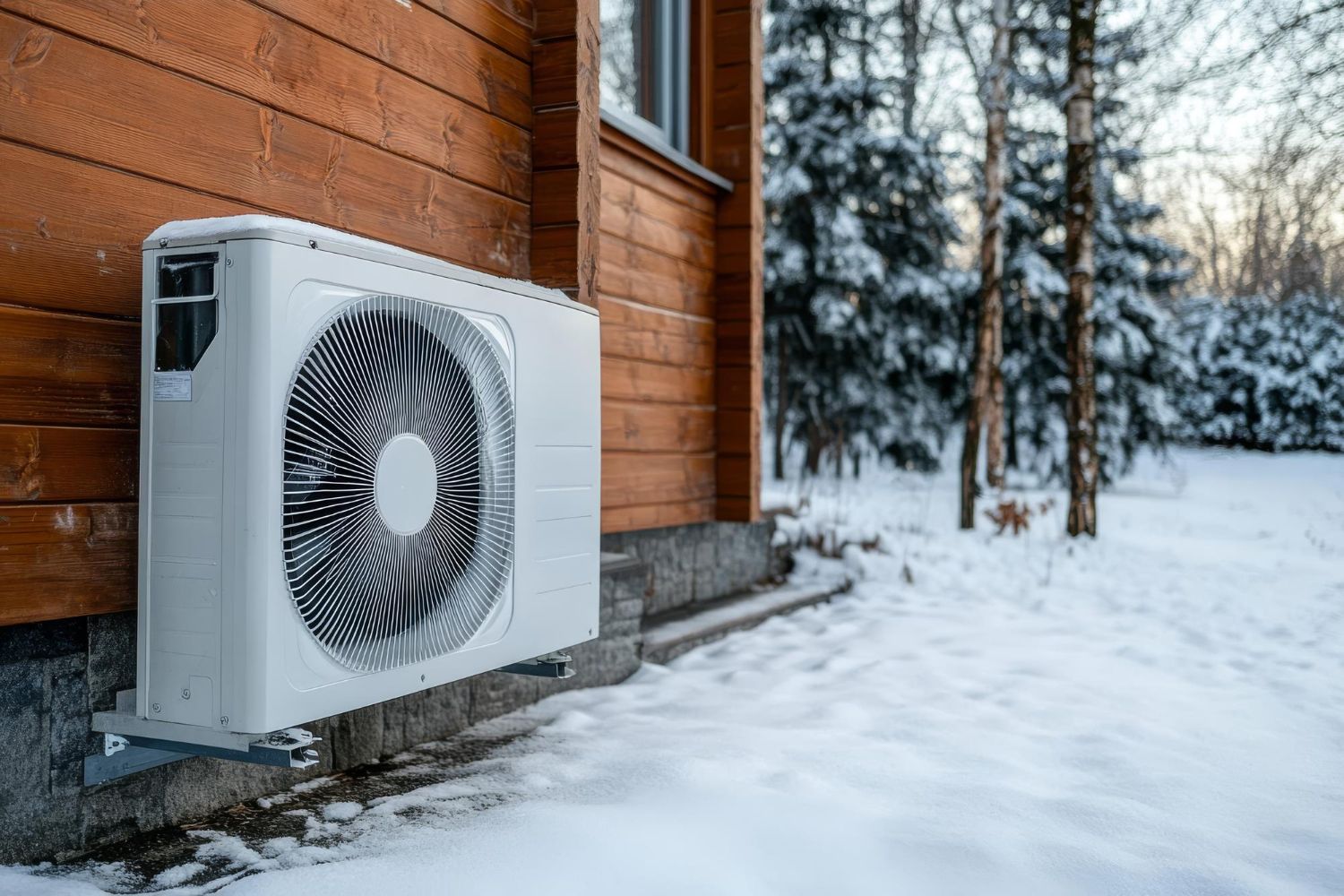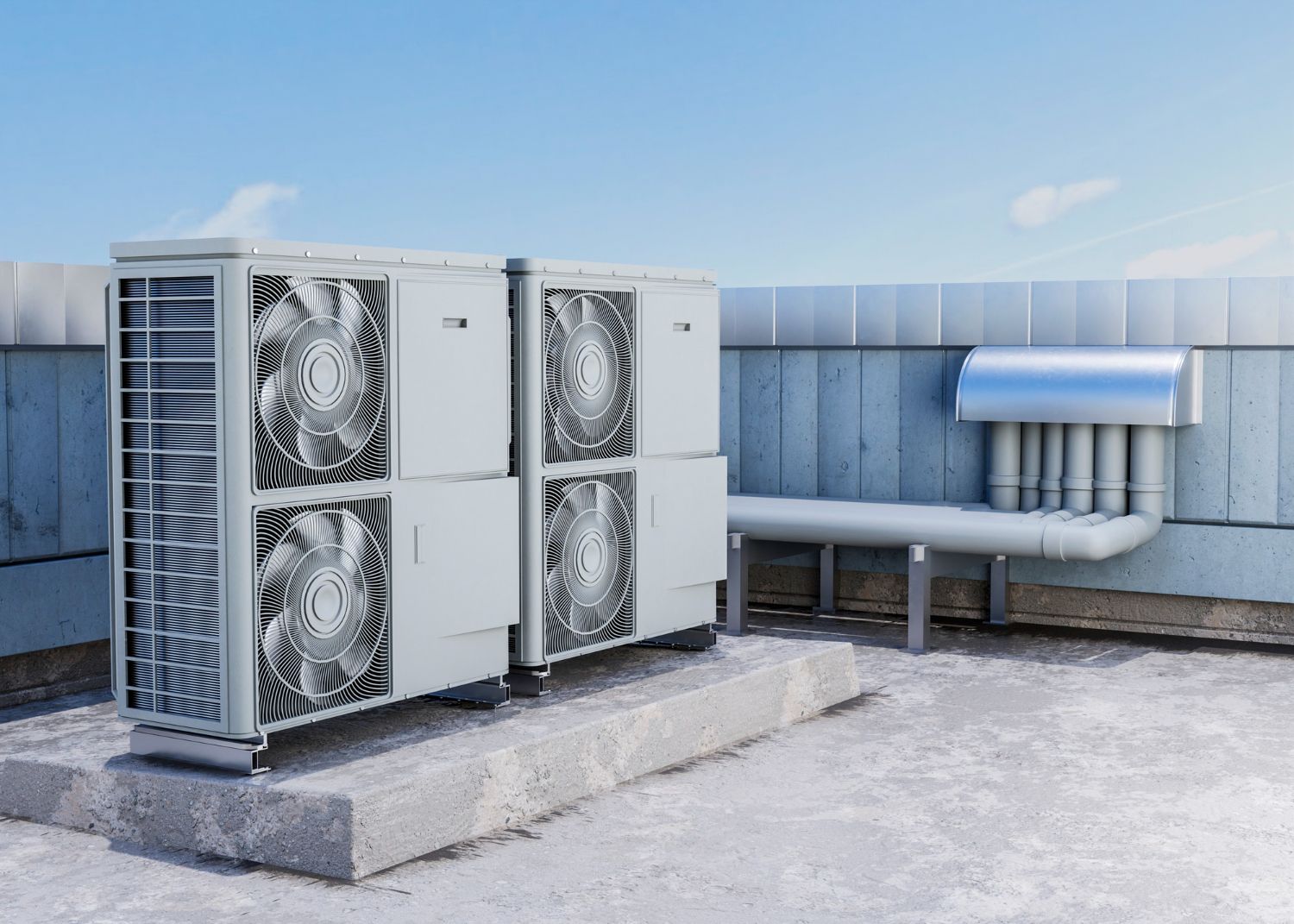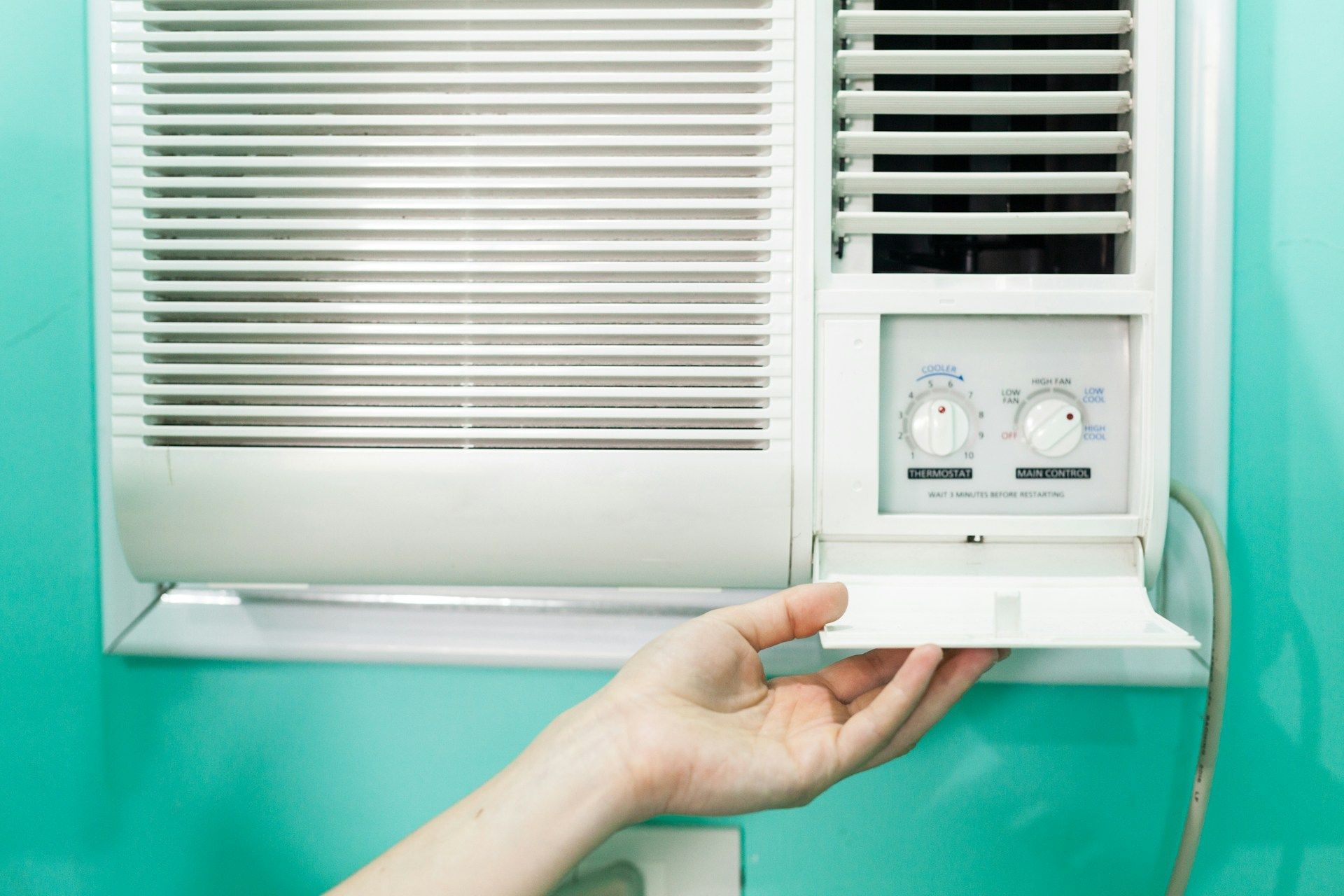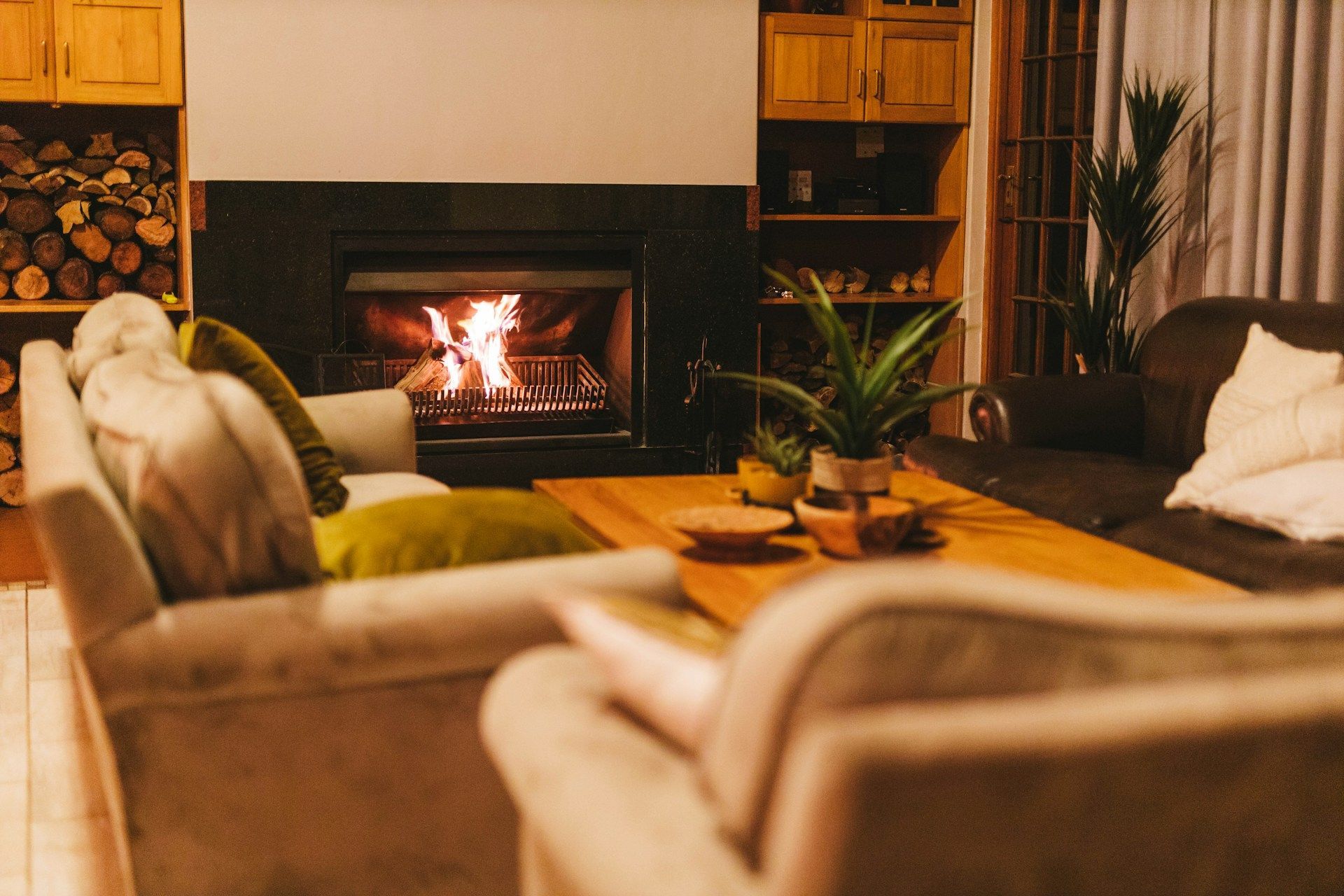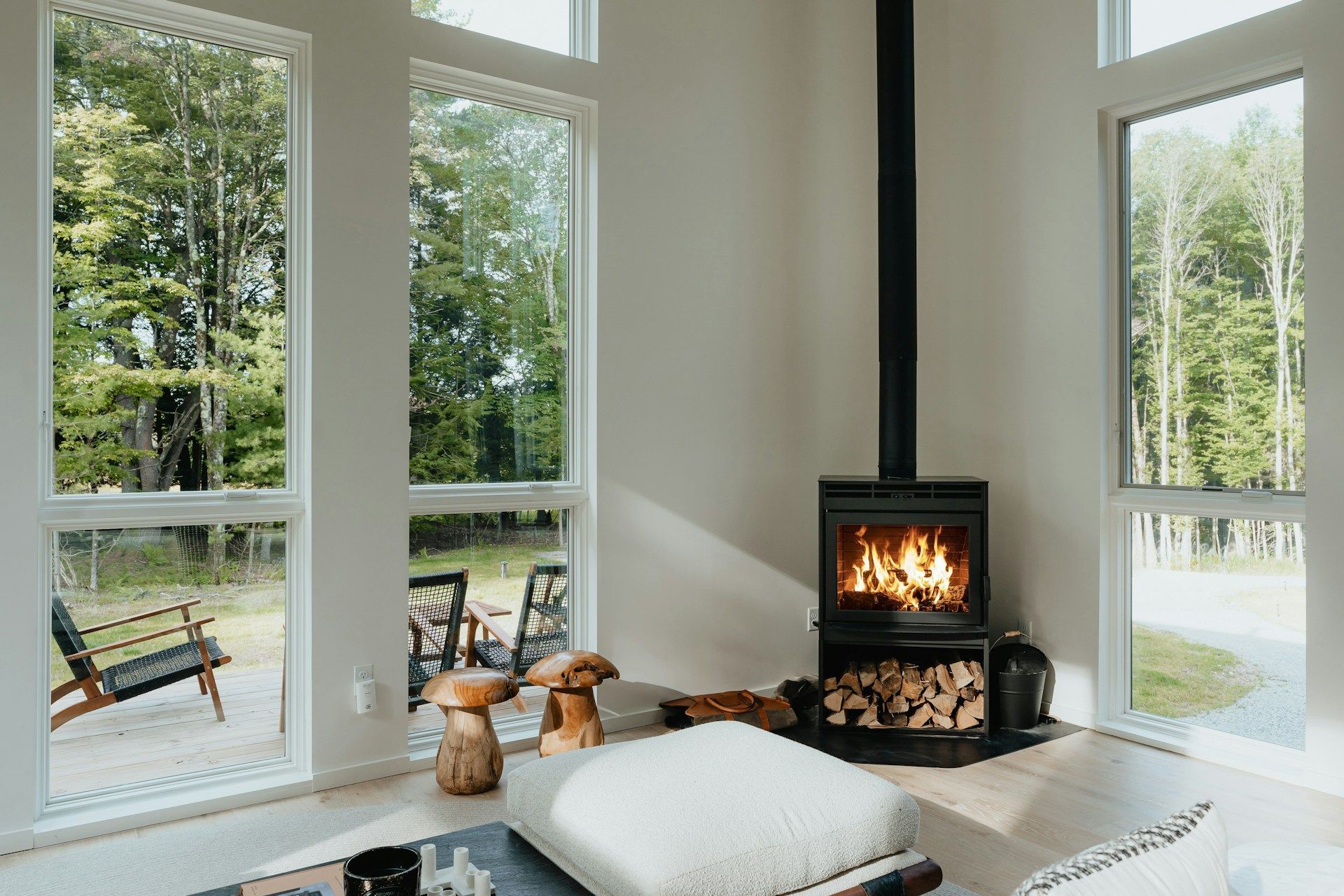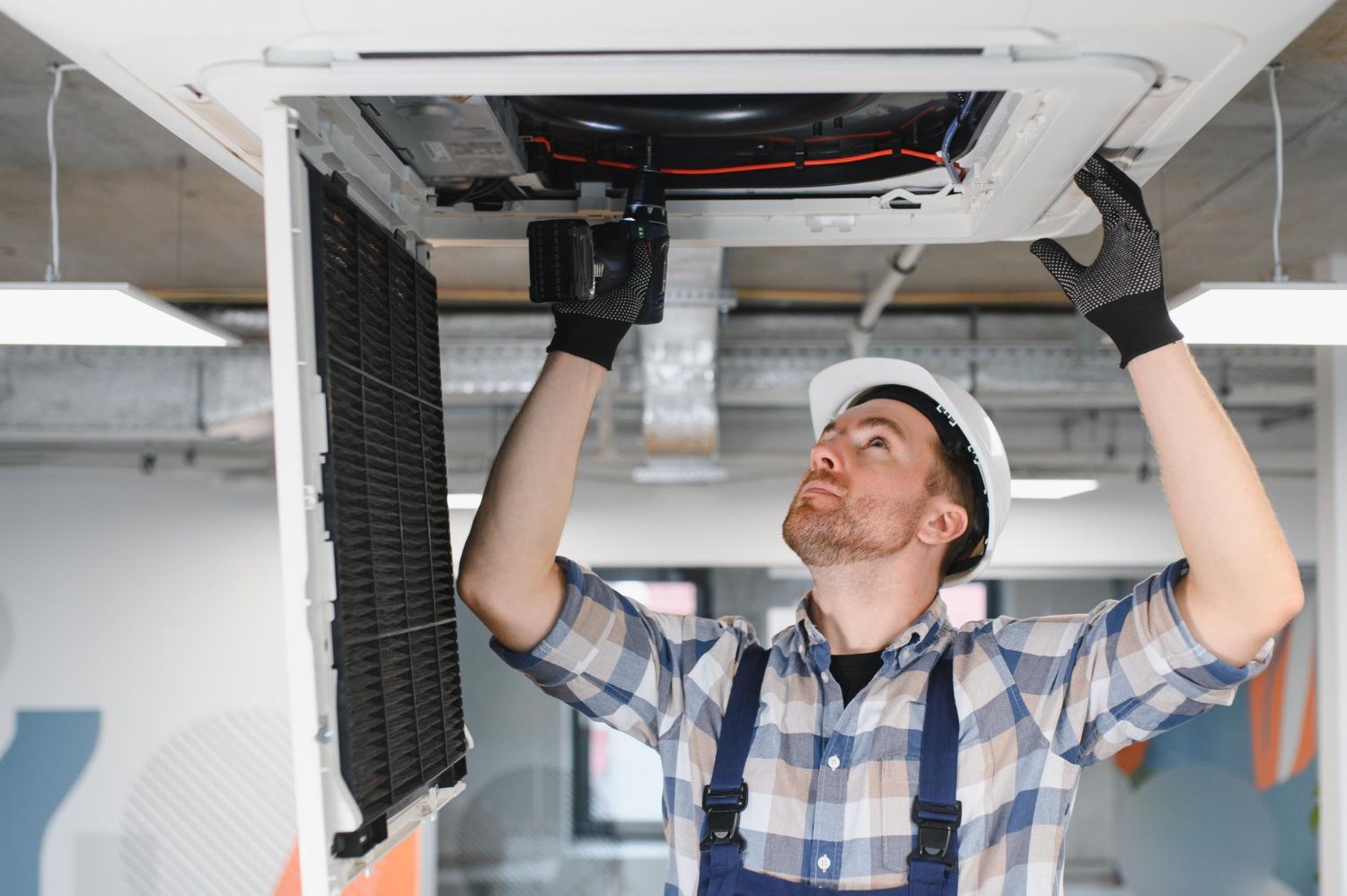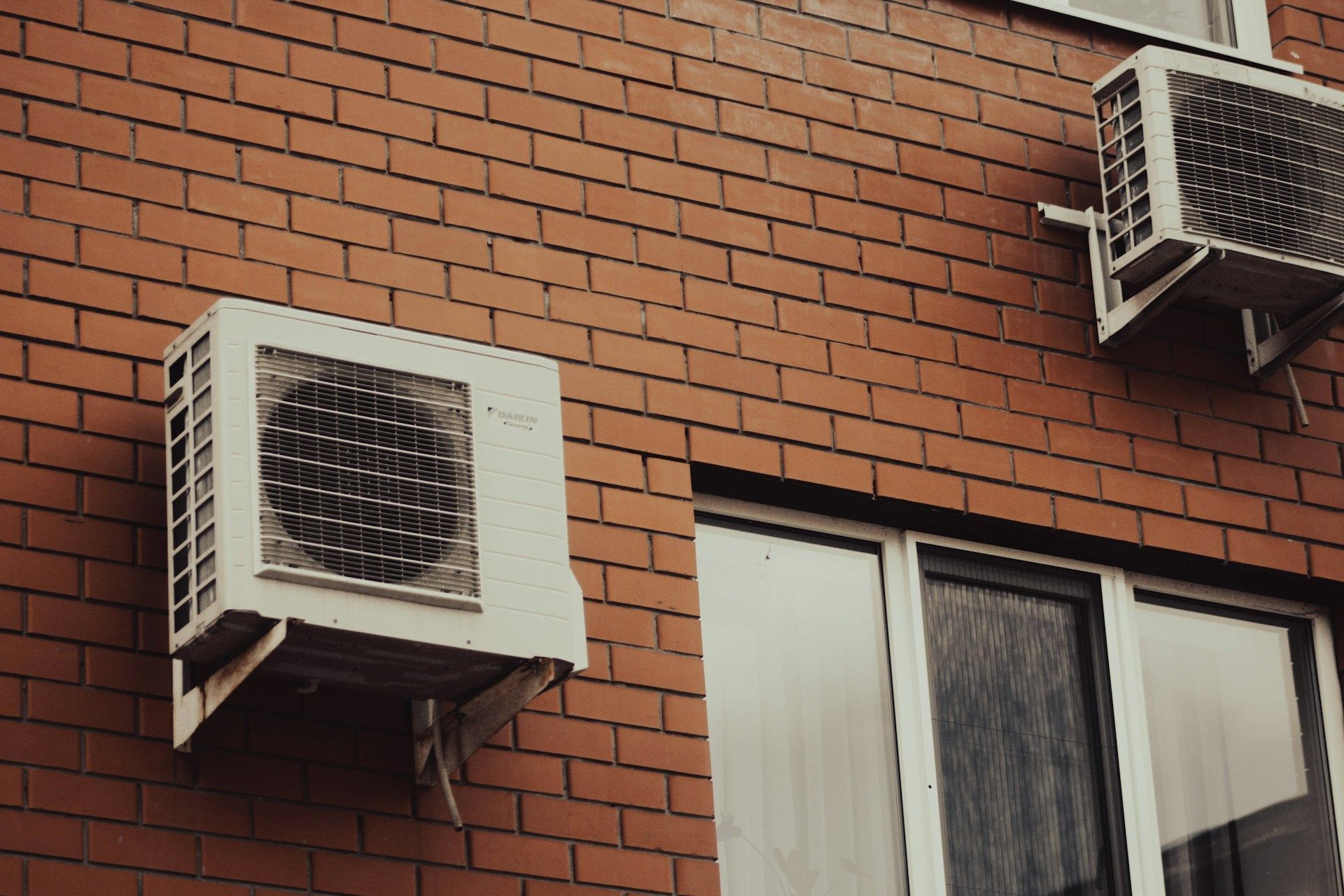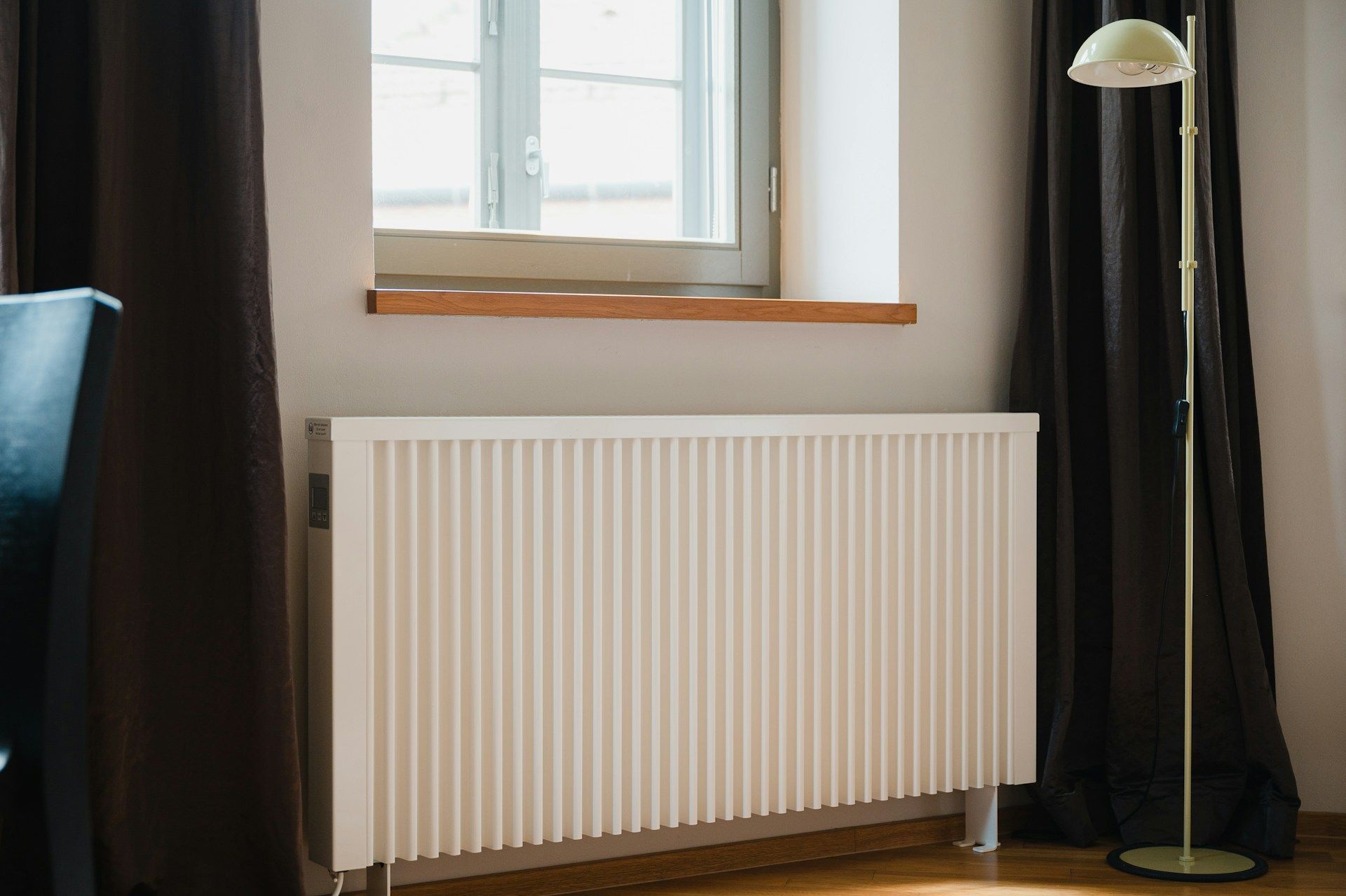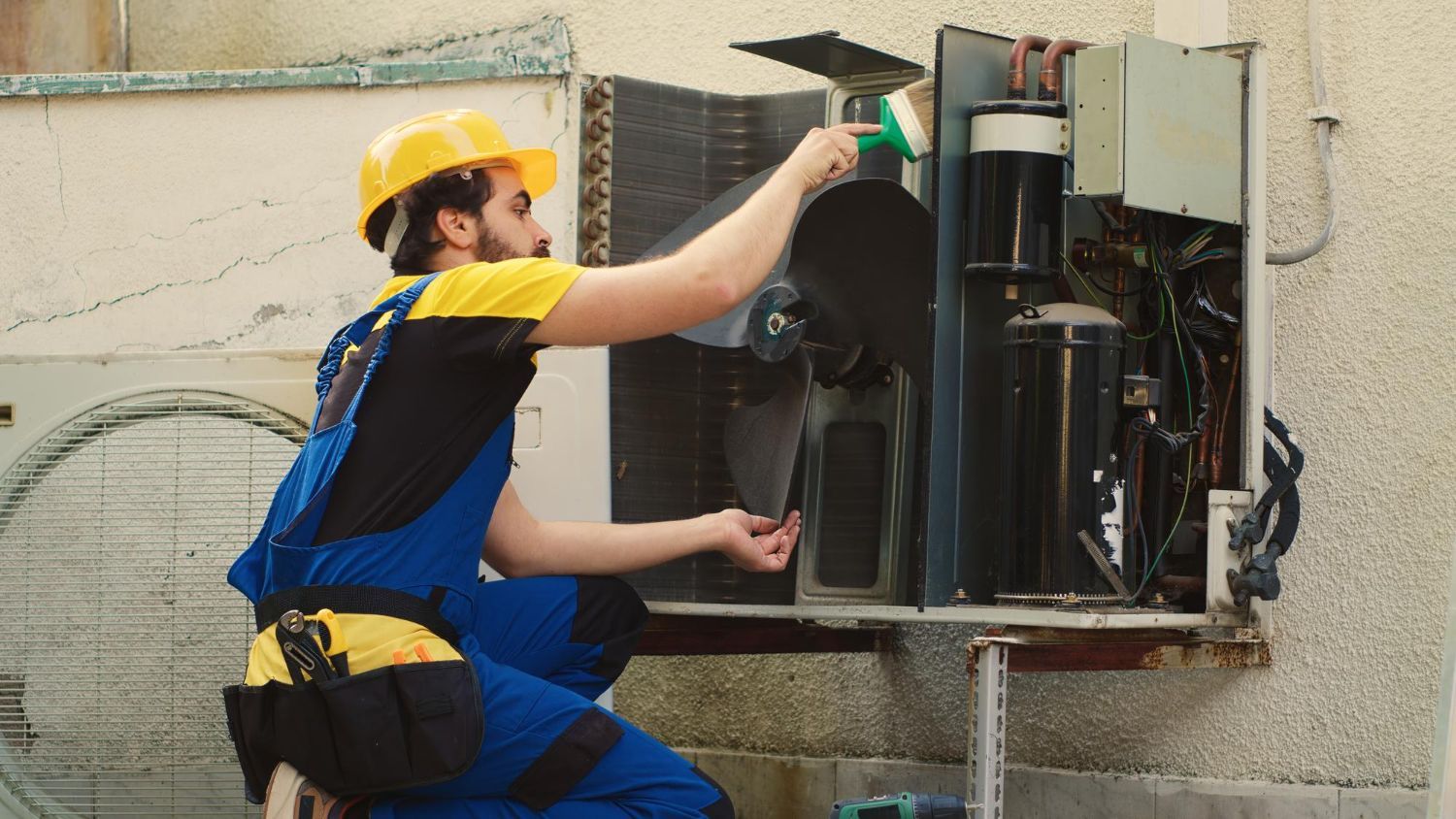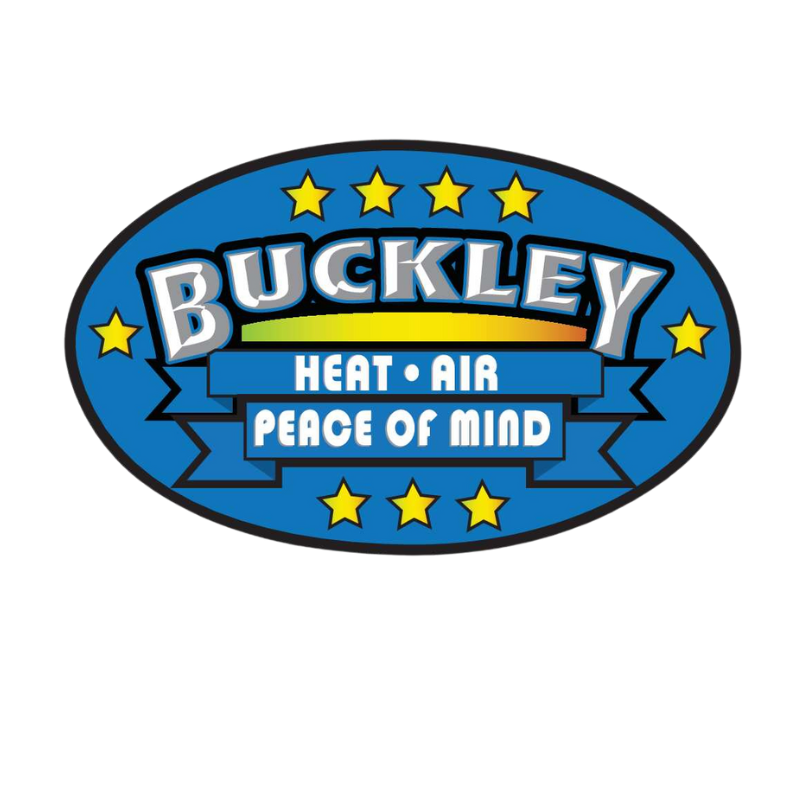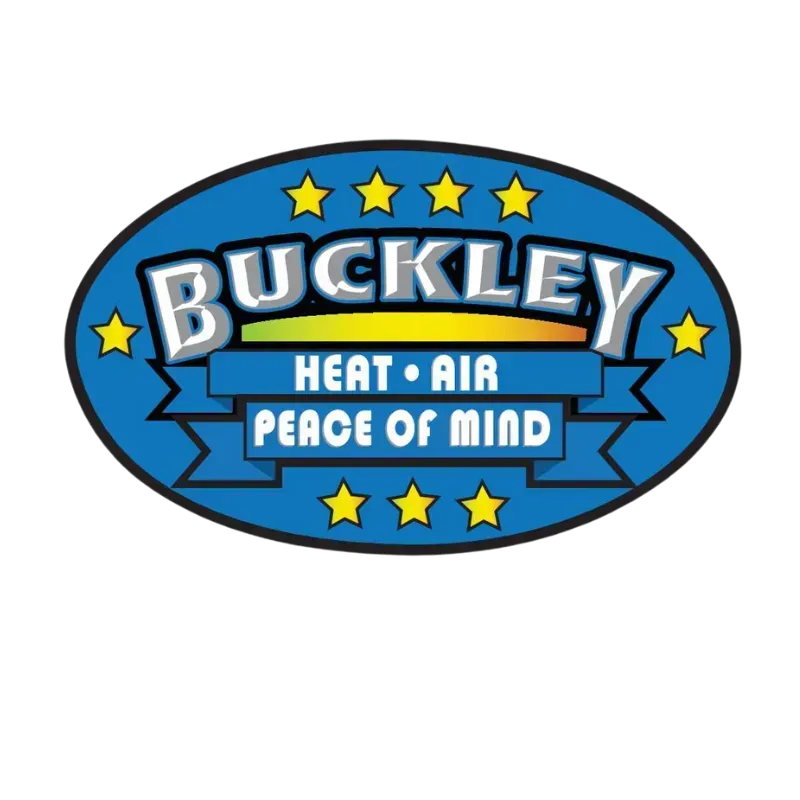Fall brings cooler air, shorter days, and the return of cozy sweaters and warm drinks. But it also means it's time to shift your focus from keeping cool to staying warm. As temperatures drop, your heating system should be ready to handle the change without skipping a beat. Doing a little HVAC upkeep now can help keep your home comfortable and safe through the colder months.
Even if your system seemed to work fine over the summer, that doesn't mean it’s good to go for winter. Dust, wear, and skipped maintenance checks can sneak up on homeowners and lead to unexpected problems. Taking care of a few key tasks before it gets too cold makes a big difference. It helps you avoid breakdowns, improves airflow, and keeps your energy use in check.
Inspect and Clean Air Filters
One of the easiest things you can do for your HVAC system is also one of the most overlooked. Air filters are responsible for catching dust, pollen, and other particles before they move into your living space. If they haven’t been changed in a while, they can slow down airflow and put extra strain on your system. That means less comfort and more energy use.
Here’s how to stay on top of it:
1. First, turn off your system before messing with the filter. Safety matters.
2. Find the filter slot, usually near the return air duct.
3. Slide out the old filter and check its condition. If it looks dusty or gray, it’s time to replace it.
4. Make sure you install the new one in the right direction. Arrows on the filter should point toward the blower.
5. Consider checking your filter monthly and replacing it every 1 to 3 months, depending on pets, allergies, and usage.
A clean filter doesn’t just help you breathe easier. It protects your system and helps it last longer. If your system struggles to keep up, a dirty filter could be the cause. Taking this step before fall ends sets you up for a smoother winter.
Check the Thermostat
Next up, it’s thermostat time. This piece might feel small, but it tells your system when and how hard to work. If it’s not working as it should, you could end up with uneven temperatures or higher bills. A quick check now can prevent cold nights later.
Test the thermostat by turning up the heat a few degrees above room temperature. You should hear the system kick on. If not, double-check the thermostat's settings and batteries. If the display is blank, fresh batteries or a reset might fix it. Some homes still use older models, which can drift and record the wrong temperature. That can cause your system to overwork or underperform.
If your home feels a few degrees cooler or warmer than the thermostat reads, that could mean it’s not calibrated correctly. In some cases, replacement is the better option, especially if your model is outdated or not programmable. Today’s digital thermostats let you create schedules, reduce waste, and keep things comfortable all day.
Fall is the right time to lock in those settings before winter hits. Set your thermostat to lower the temperature at night or when you’re not home. Smart use like that can make a noticeable difference once the heat is running regularly.
Inspect and Clean Ductwork
Ducts don’t get much attention, but they play a big part in how well your HVAC system runs. Over time, dust and debris collect inside the ductwork and block airflow. That buildup can make your heater work harder, and in some cases, it can push all that dust right back into your living spaces.
Before the cold weather locks you indoors, take some time to check your ducts. Start by removing the supply and return vent covers. If you see dust gathering just a few inches in, it's probably deeper throughout the system too. You can vacuum near the openings using a hose attachment, but deep cleaning goes well beyond the surface. That’s where hiring a professional makes the most sense.
Signs your ducts might need more than a simple wipe-down include:
1. Rooms that always feel stuffy, even when the system is on
2. An increase in allergy symptoms or musty smells
3. Odd noises like whistling or rattling
Dirty ductwork puts unnecessary strain on your HVAC system. It can lower efficiency and affect indoor air. Getting ahead of it during fall means cleaner, healthier air and fewer surprises once the heater kicks on full-time.
Test the Heating System
Before you find yourself wrapped in blankets because your heater stopped working, give your system a test run. Many homeowners don’t realize there’s a problem until the first freeze hits. A quick test now gives you the chance to fix anything early.
To start, switch your system over to heat. Set the thermostat a few degrees warmer than the current room temperature. You should hear the system turn on and feel warm air coming through the vents shortly after. Listen for anything odd such as banging or buzzing. These sounds could point to blockages or worn-out parts.
Beyond listening, take note of:
1. How long it takes for the warm air to reach each room
2. Whether the system stays on too long or cycles too quickly
3. Any strange smells when the heat first starts
It’s normal for your system to produce a slight odor when first used after months of rest. But if that smell doesn’t go away or gets worse, it’s time for a technician to check it. Fall is the perfect time to spot these issues before they turn into bigger problems during a cold snap.
Schedule a Professional HVAC Inspection
Some things are easy enough to check on your own, but others are best left to trained eyes. A licensed HVAC technician can spot things most homeowners won’t catch. Worn-out wiring, leaking valves, and failing motors may not show visible symptoms yet, but they can lead to breakdowns if ignored. That makes a professional check-up a smart add-on to your fall to-do list.
During a fall tune-up, a technician will usually:
1. Inspect the burner and ignition system
2. Clean internal components
3. Check gas or oil connections if applicable
4. Measure safe operation and airflow
5. Test the thermostat and recalibrate settings if needed
They can also give advice on how your system is performing overall. If parts are starting to wear down, now's the time to replace them before winter puts extra work on the system. A tune-up like this improves the chance that your heat will perform well all season long.
Think of it like taking your car in before a road trip. You're not doing it because it's broken. You're doing it to make sure it won’t break when you need it most.
A Warm Start to the Cold Season
Getting your HVAC system ready in the fall isn’t about making big changes. It's about taking smart steps now that help you avoid trouble later. Little things like a clean filter, working thermostat, and steady airflow can make a big difference in how your home feels once winter truly sets in.
Giving attention to your hallways, vents, and system controls is like getting your home dressed for the season. It’s all part of making sure your day-to-day is as comfortable as possible when the cold rolls in. Most problems can be avoided by doing a few checks ahead of time and calling in help when needed. If your heat hasn’t been looked at yet this year, now’s your window to get it done before things cool down for good.
To keep your home cozy and your HVAC system running smoothly this season, it’s smart to have it checked by professionals you trust. Buckley Heat Air is here to help you prepare for colder weather with reliable service and expert care. Now’s a great time to schedule your
HVAC maintenance so your system is ready when you need it most.

